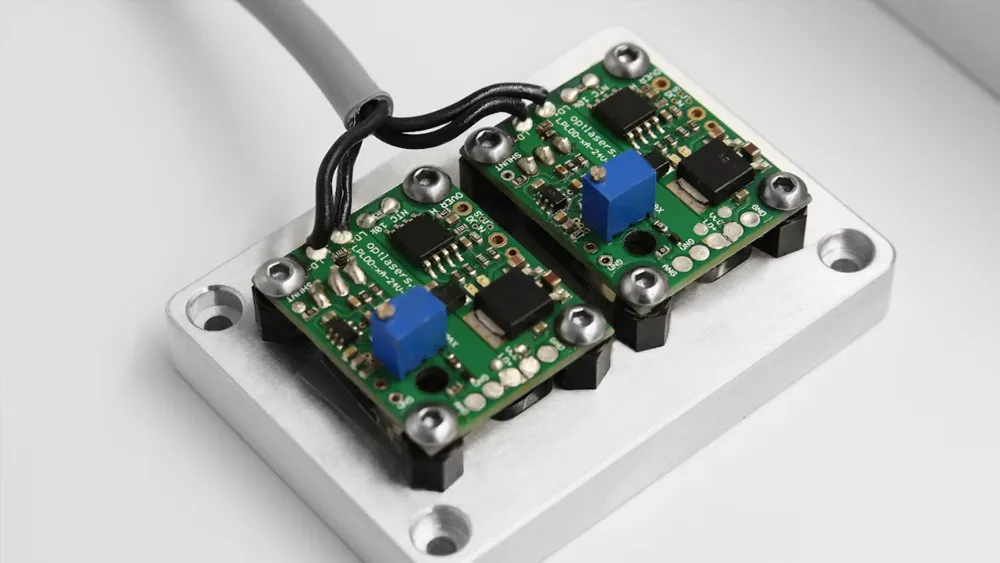
China Energy Efficiency Testing Services
According to the "Administrative Measures for Energy Efficiency Labels", all refrigerators, air conditioners, rice cookers, electric fans, household induction cookers, storage water heaters, washing machines, and other products sold in the Chinese market must bear the "China Energy Efficiency Label." Products without this label are not allowed to be marketed or sold.
Refrigerators, washing machines, dryers, dishwashers, air conditioners, and ovens must also comply with EU energy efficiency regULations and bear an energy efficiency label when sold in the European market. The energy efficiency requirements for household appliances primarily involve two aspects: Energy Labelling and Energy Efficiency Requirements (EER).

Energy Efficiency Testing for Fans Under 125W
Directive 2009/125/EC (erp directive)
Commission Regulation (EC) No 206/2012
RequiRED tests include:
1. Standby Power Consumption:
- From January 1, 2014 (Stage 2), standby or off-mode power consumption must be ≤0.5W.
- If the product has an information or status display, standby power consumption must be ≤1W.
2. Noise Levels: No limit requirements.
3. Airflow Testing: No limit requirements.
Energy Efficiency Requirements for Ovens, Range Hoods, and Stoves
Implementation Regulations:
- (EU) No 65/2014 – Energy labelling directive for ovens and range hoods.
- (EU) No 66/2014 – Ecodesign requirements for ovens, range hoods, and stoves.
For these home appliances, besides standby and off-mode energy consumption, the efficiency of energy conversion and utilization during normal operation must also be considered. Additionally, product design should include effective energy-saving modes.
Tests for specific parameters include:
- Ovens: Cavity volume, cavity energy efficiency, EEI value.
- Range Hoods: Power consumption, EEI value, airflow, air pressure, motor power, time boost factor, grease separation efficiency, lighting efficiency, noise level, standby/off-mode power consumption.
- Stoves: Energy consumption for electric cooktops (EC) or gas cooktops (EE value).
The implementation of energy efficiency standards occurs in three phases, with each phase requiring stricter efficiency indicators than the previous one, ensuring a gradual transition to optimal energy efficiency.
Energy Efficiency Requirements for Coffee Machines
Coffee machines must comply with:
- (EU) No 1275/2008 – Standby/off-mode power consumption requirements.
- (EU) No 801/2013 – Power management requirements.
When not in its primary operating mode, a coffee machine must enter a power-saving mode within a short time to achieve real energy savings.
Energy Star Program
The Energy Star program includes:
- Washing machines, dishwashers, dehumidifiers, refrigerators, air conditioners, electric fans, battery chargers, etc.
- Energy Star is a voluntary energy efficiency label, but it has gained widespread recognition and is considered essential for a product’s market success.
U.S. Energy Efficiency Regulations
- Refrigerators, air conditioners, water heaters, dishwashers, washing machines, dryers, kitchen appliances, battery chargers, and other home appliances must meet the minimum energy efficiency standards set by the U.S. government.
- The Federal Trade Commission (FTC) requires most appliances to bear the "EnergyGuide" label, which provides estimated energy consumption or efficiency ratings to help consumers compare and choose high-efficiency appliances.
- In California, household appliances such as battery chargers, washing machines, and refrigerators must comply with the California Energy Commission (cec) requirements.
Australia & New Zealand Energy Efficiency Standards
Energy efficiency requirements in Australia and New Zealand include:
1. Energy Labeling: Required for:
- Refrigerators and freezers
- Washing machines
- Dryers
- Dishwashers
- Single-phase air conditioners
2. Minimum Energy Performance Standards (MEPS): Required for:
- Refrigerators and freezers
- Electric water heaters (general and small)
- Air conditioners (single-phase and three-phase)
Email:hello@jjrlab.com
Write your message here and send it to us
 Canada ISED Certification RSS-247 Standard Testing
Canada ISED Certification RSS-247 Standard Testing
 What Are the Product Compliance for Amazon Austral
What Are the Product Compliance for Amazon Austral
 Australia IoT Security Compliance
Australia IoT Security Compliance
 V16 Warning Light EU EN 18031 Cybersecurity Certif
V16 Warning Light EU EN 18031 Cybersecurity Certif
 Japan IoT Security JC-STAR Certification
Japan IoT Security JC-STAR Certification
 FCC SDoC Compliance Information Statement
FCC SDoC Compliance Information Statement
 What Does FCC SDoC Certification Mean?
What Does FCC SDoC Certification Mean?
 What is Bisphenol A (BPA) Testing?
What is Bisphenol A (BPA) Testing?
Leave us a message
24-hour online customer service at any time to respond, so that you worry!




